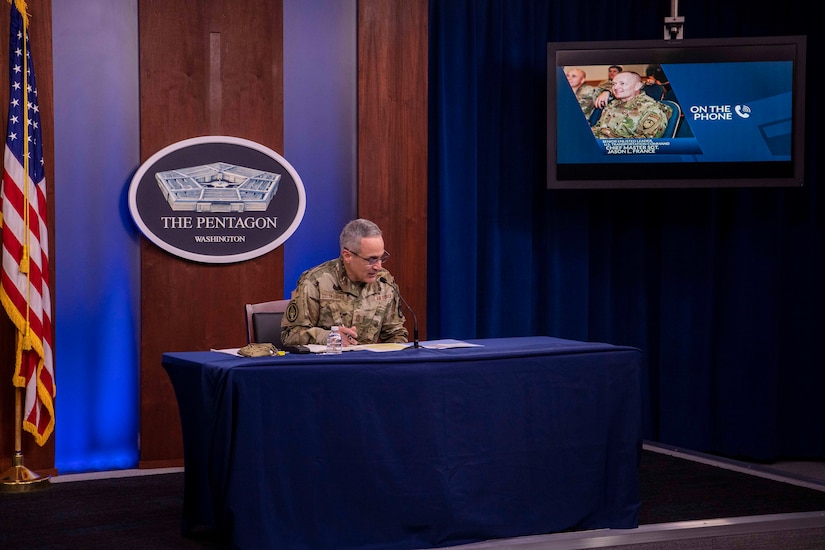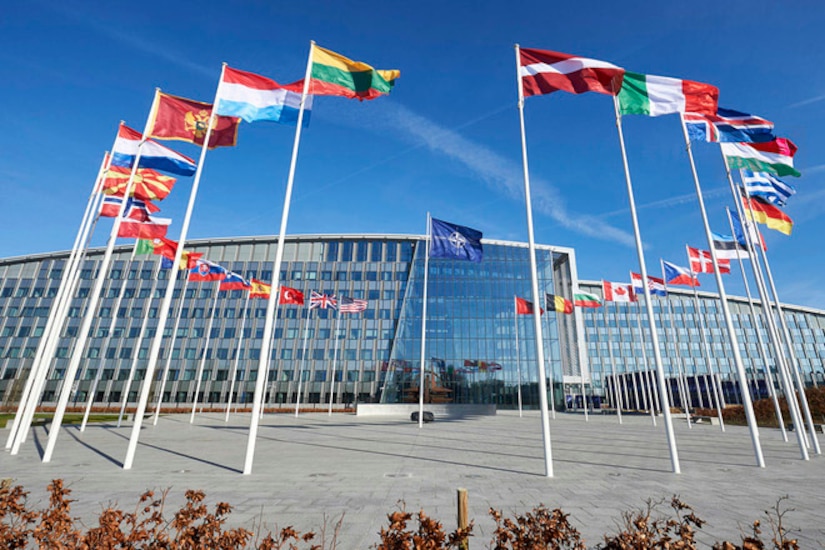May 14, 2020 | BY Jim Garamone , DOD News
Senior Enlisted Advisor to the Chairman Ramón "CZ"
Colón-López and U.S. Transportation Command's senior enlisted leader, Air Force
Chief Master Sgt. Jason France, shed some light on moving in the time of
COVID-19 during a virtual town hall meeting.
The SEAC hosted the meeting with France today, as the two
enlisted leaders answered service members' questions.
Defense Secretary Dr. Mark T. Esper froze movements soon
after the pandemic hit U.S. shores. This stopped most military and civilian
moves. Those deemed crucial required an exception to policy.
Each year, the Defense Department relocates more than
400,000 service members, DOD civilians and their families. Traditionally, this
would be the beginning of the prime move season. COVID-19 has changed that, and
it will change again once the restrictions are lifted.
Service members asked when the order will lift. The current
stop-movement order runs through June 30.
"Every 15 days, we're conducting a review to make sure
that the implementation of practices makes sense," Colón-López said.
"And we're taking a common-sense approach to everything that we're doing
with regards to the restrictions imposed by COVID-19. Whether it's going to be
extended or stopped, it is yet to be determined."
Transcom has the responsibility for the moves, and France
detailed some of the actions going on in anticipation of the go-ahead.
He said Transcom officials are meeting with the services,
the Joint Staff and industry groups to ensure proper communications. The
command has also set parameters for moving in a COVID-19 environment.
Essentially, Transcom mandates that the moving industry must
adhere to the Centers for Disease Control and Prevention protocols regarding
health protection while working in service members' homes. "Those measures
include face coverings, minimizing crew size to enable social distancing, the
fact that crews must practice good hygiene, and they also must routinely clean
frequently touched surfaces in our service members' homes," France said.
This applies whether the move is from an on-base or off-base
home, he said. The moving companies are also required to provide illness
screening verification to service members.
The priority list for those moving was also a question to
the SEAC and France, as each service grants exceptions to policy a bit
differently. Involvement of the chain of command is crucial to the process, and
France and Colón-López urged those affected to work through their leaders on
the process.
Moving pets was another concern for service members. France
said there were no real changes with the policy. But space for pets is at a
premium, he said, and he recommended getting a reservation early in the
process.








